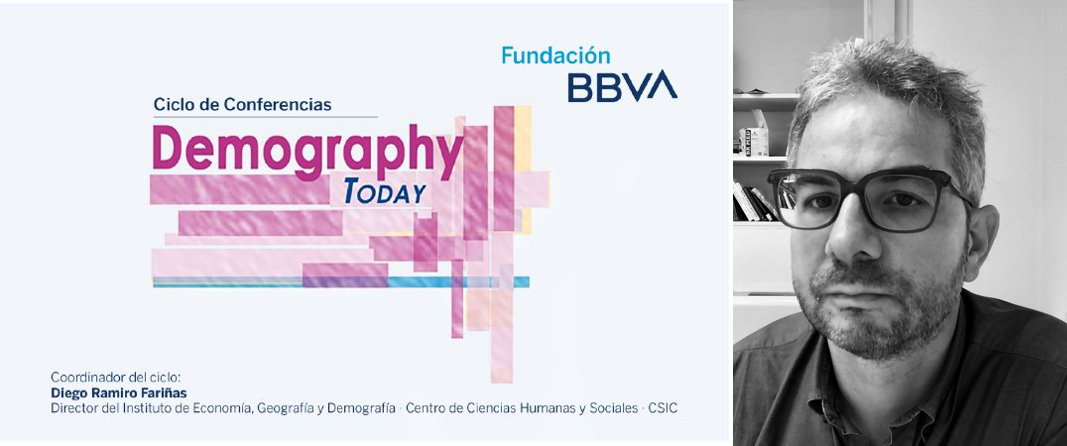Crowdsourced Genealogies and the Evolution of Social Inequalities. New Data and Challenges for Demographic Research. Lecture, 28 November 2022
Fundación BBVA at Palacio del Marqués de Salamanca. Paseo de Recoletos, 10. Madrid
November 28, 2022
19.00 – 20.30 CEST
Demographic change and inequality mark modern society, making indispensable the understanding of demographic processes and the planning of effective policies. As demographic processes evolve slowly across generations, the combination of historical with current data can help in understanding the process of population evolution. In this talk, I will present results from the EU-funded GENPOP project, which investigates long-term demographic processes in family networks from 1800 until today by using existing data on Internet-based genealogies. Innovative Big Data and micro-census data will be used to examine fertility and mortality in family networks and diversity between and within families across generations, to understand the impact migration has had on different generations and to delineate long-term models of assortative mating. This is the first comprehensive study that combines historical and contemporaneous data to understand how population processes evolve via three interrelated channels: multigenerational transmission, assortative mating and migration.
Dr. Nicola Barban

